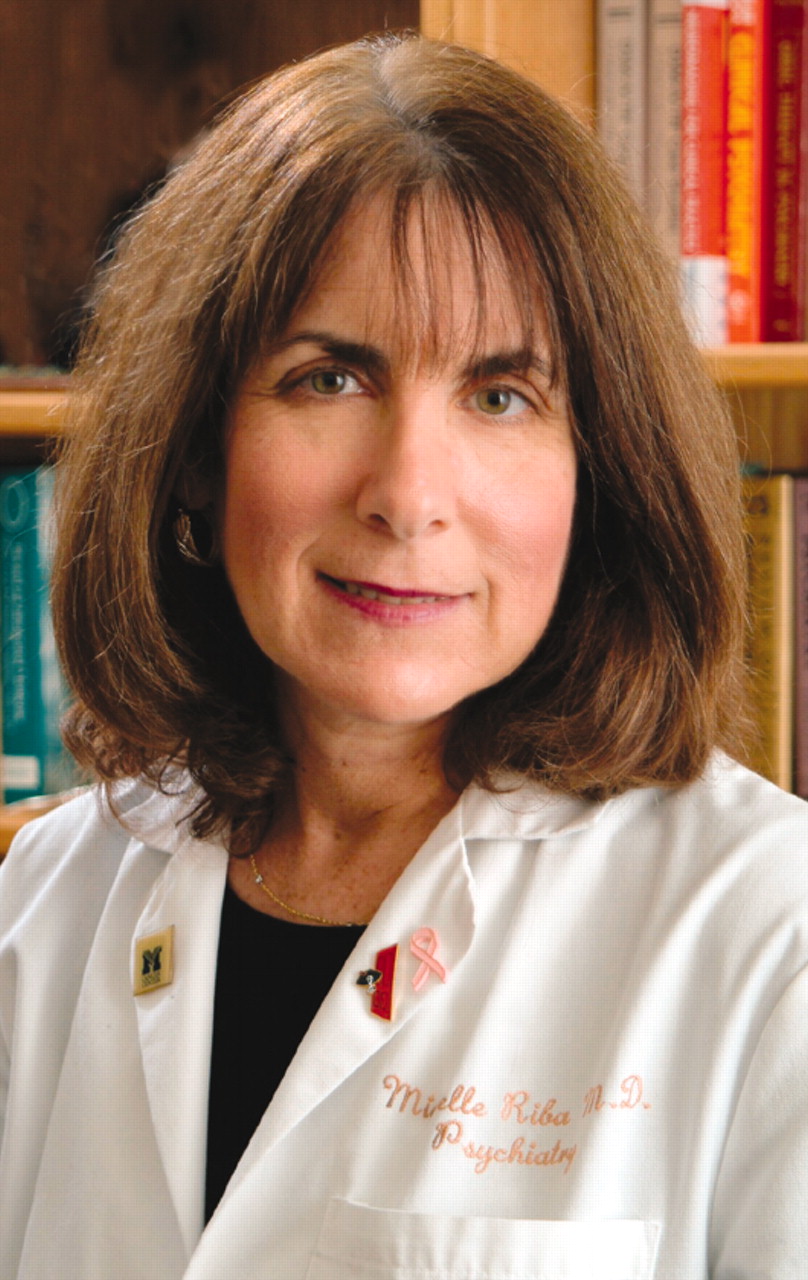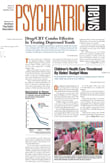One of the areas of psychiatry I want to address this year is psychosomatic medicine— our newest ACGME-approved psychiatric subspecialty. Millions of Americans suffer from comorbid chronic medical and psychiatric illnesses, making the need to evaluate, diagnose, and treat such individuals a major public health mandate and priority. The consequences of co-occurring disorders are many for both the individual and for society: greater functional disability, increased economic burden, and greater medical and psychiatric morbidity. We know that treatment of psychiatric illness in patients with chronic medical illnesses is effective and has significant positive impact on both medical and psychiatric outcomes.
Focusing on psychosomatic medicine will help us improve the psychiatric care of patients—adults, children, and adolescents—with complex medical, surgical, obstetrical, and neurological conditions. This new subspecialty will also generate increased attention to improved research and more effective education. Through enhanced educational opportunities, more medical students and psychiatry residents will have a way to continue their training in serving patients in acute-care hospitals, nursing homes, and hospice facilities.
The recognition of psychosomatic medicine as a psychiatric subspecialty presents an important opportunity for our profession. With our medical training, psychiatrists have the unique knowledge, skills, and abilities to be able to best understand how to meet the needs of patients with psychiatric illnesses and their families within general medical settings.
To ensure that the promises of the newly recognized subspecialty of psychosomatic medicine are fully realized, a series of important steps must be undertaken. The first step was accomplished by APA's Board of Trustees in March when it created the Council on Psychosomatic Medicine. This council has begun to build an agenda that will address critical issues at the interface of psychiatry and the rest of medicine, including clinical care, reimbursement, education and training, and research.
The council's members bring enormous experience to bear in being able to lead APA in accomplishing its goals in psychosomatic medicine. The chair of the council is Philip R. Muskin, M.D., the head of the Consultation-Liaison Service at Columbia University Medical Center and a former chair of the APA Scientific Program Committee, and the vice chair is James Levenson, M.D., a professor of psychiatry, surgery, and medicine; vice chair of the department of psychiatry; and chair of the Division of Consultation-Liaison Psychiatry at Virginia Commonwealth University Health System.
The council's mission is to improve access to and reimbursement for psychiatric care of patients with medical illness. These are among its objectives:
•
Define the current status of psychiatric care for medically ill patients, including coverage of specific services.
•
Identify coverage and administrative issues within the commercial insurance industry that impact care and/or payment for services provided.
•
Convene a stakeholder roundtable to test and refine the preliminary analysis.
•
Develop an action plan to support the adoption of appropriate coverage for these services.
While it is essential that progress be made on all of these fronts, there is clear evidence that access to and reimbursement for psychiatric care for medically ill patients is extremely limited, and this impacts every psychiatrist's ability to provide such care. Multiple factors account for the problem, largely stemming from the carveout of mental health benefits from general medical benefits, but also include the lack of a defined benefit for these services; the failure of health plans, providers, and patients to recognize that services are lacking; and numerous barriers to administration of benefits that require consideration of both medical and psychiatric diagnoses, practitioners, and services.
While the coverage problem affects patients who are insured by both public and private payers, it has largely occurred in a managed care environment (as opposed to a fee-for-service environment). Addressing this issue will thus be complex and will require a series of initiatives and activities.
Carol Alter, M.D., a member of the new APA Council on Psychosomatic Medicine, has expertise in the complexities of the financing of and reimbursement for psychosomatic medicine. She and other members of the council and APA staff will work to assure that psychiatric care for medically ill patients is included in standards and medical-necessity documentation, that this care be specified as a covered benefit in health care plans, and that the benefit can be administered when the mental health benefit is carved out. Initiatives to address public policy and potential legislative remedies in the public sector will come next.
I am confident that APA, aided by the leadership of the Council on Psychosomatic Medicine, APA staff and members, and allied organizations, will make great strides in these efforts over the next year.
The ABPN will offer the first certification examination in psychosomatic medicine in June 2005. The next exam will be administered in June 2006, and the application deadline is August 1, 2005. Applications and additional information are posted online at<www.abpn.com>.▪

